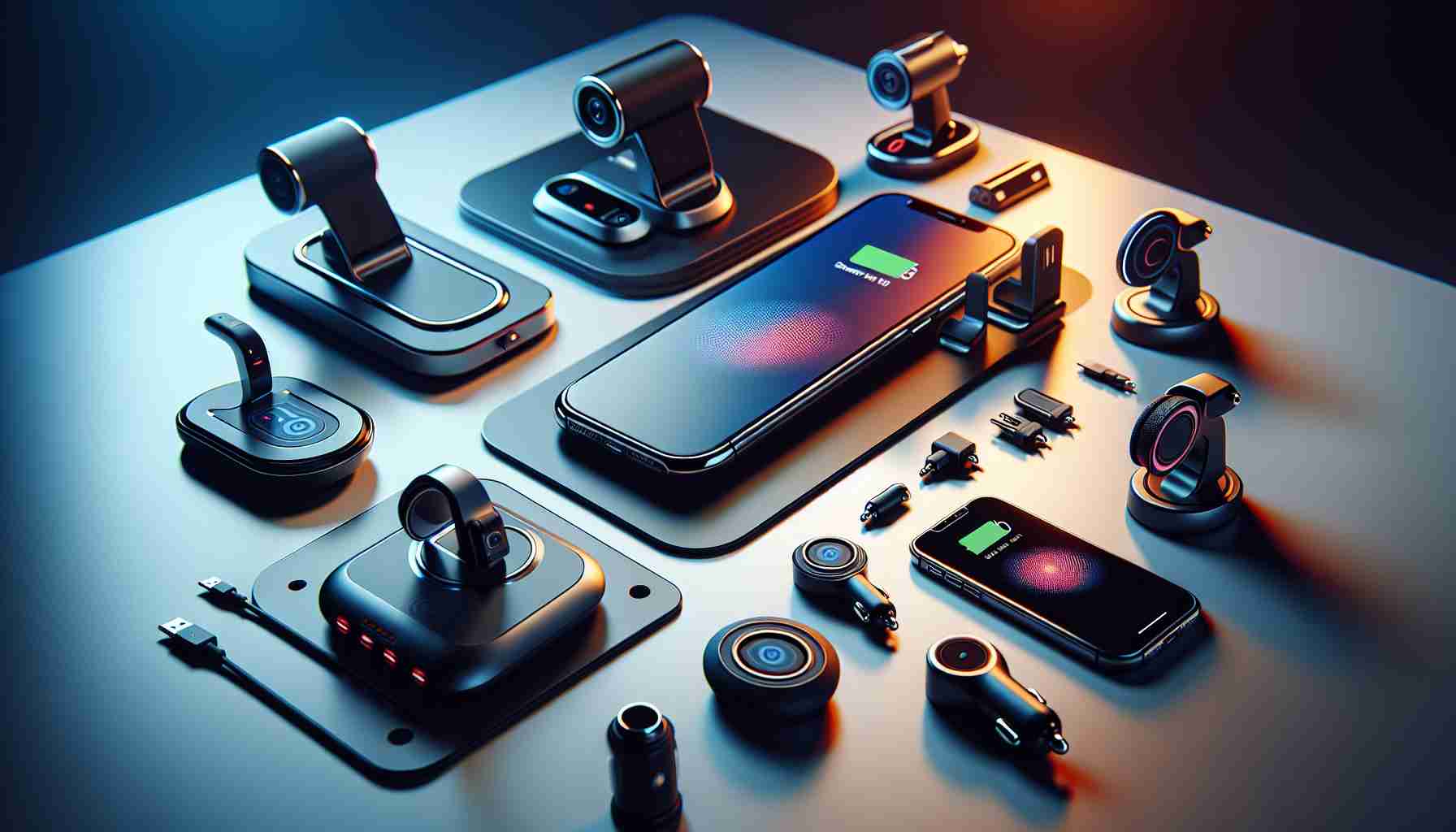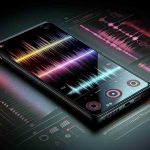In the realm of smartphone accessories, the importance of a reliable car charger cannot be overstated. Several companies have developed innovative wireless car chargers that cater specifically to iPhone users, providing convenience and efficiency.
The ESR MagSafe car charger stands out with its sleek aesthetics and robust magnetic strength. Priced around $100, it offers fast 15-watt charging and features a secure air-vent mount complemented by a cooling system called CryoBoost, which prevents overheating.
Another noteworthy contender is the iOttie Velox magnetic wireless charger. This device also utilizes a car vent mount and comes with a strong magnet that ensures your iPhone stays in place during travel. Complete with a USB-C cable and a car power adapter, users can start charging immediately. However, note that it caps charging speed at 7.5 watts for iPhones.
For those with a mix of devices, the Scosche MagicMount Pro Charge is versatile. It can accommodate both MagSafe iPhones and Android devices using a special magnetic plate. Offering various mounting styles along with a 20-watt power adapter, it allows charging speeds of up to 15 watts for some Android models and 7.5 watts for iPhones.
Lastly, the Belkin BoostCharge Pro is an Apple-certified option. With top-tier charging capabilities and a swiveling mount for different viewing modes, it ensures your device is always powered. Each of these chargers brings unique features to enhance your driving experience.
Exploring the Top Wireless Car Chargers for iPhone: An In-Depth Analysis
In recent years, the shift towards wireless technology has greatly influenced the way we charge our devices, particularly in the automotive sector. Wireless car chargers for iPhones have gained popularity due to their convenience and ability to keep devices powered without the hassles of tangled cords. However, with so many options available, it’s essential to make an informed decision about which wireless charger best suits individual needs.
Key Questions about Wireless Car Chargers
1. What factors should I consider when choosing a wireless car charger for my iPhone?
When selecting a wireless car charger, consider the charging speed (wattage), compatibility with your iPhone model, build quality, ease of installation and usability, and the type of mounting system (vent, dashboard, or windshield).
2. Do I need a MagSafe-compatible charger?
If you have an iPhone 12 or later, a MagSafe-compatible charger is recommended as it provides optimal alignment for faster charging (up to 15 watts). For older models, any Qi-compatible charger will work, although charging speeds may be lower.
Key Challenges and Controversies
While wireless car chargers offer convenience, some challenges persist:
– Charging Speeds: Many wireless car chargers do not offer the same fast charging capabilities as traditional wired chargers. Instead of the max 20 watts capability, many cap at 7.5 or 10 watts for iPhones, which can frustrate users needing quick power boosts.
– Heat Management: Wireless charging tends to generate more heat than wired options. Excessive heat can impact battery lifespan, and not all chargers come with efficient cooling systems.
– Magnetic Alignment Issues: Non-MagSafe chargers may not align perfectly with iPhones, potentially leading to slower charging or disconnections during bumps. For those with shifting mount locations, this can be a significant inconvenience.
Advantages of Wireless Car Chargers
– Convenience: Wireless car chargers eliminate the need for plugging in and out, making it easier to use your phone for navigation or calls while driving.
– Versatility: Many models cater to various devices, meaning you can charge more than just your iPhone if you switch to other devices.
– Neat and Tidy Installation: Wireless solutions often result in a clutter-free car interior since you can avoid cable mess.
Disadvantages of Wireless Car Chargers
– Slower Charging Speeds: As noted, many wireless chargers do not provide as quick a charging experience as wired options.
– Cost: Some high-quality wireless chargers can be more expensive than their wired counterparts.
– Mount Stability: If not secured properly, some chargers may not hold the phone steadily, resulting in interrupted charging or potential damage from drops.
For those who wish to stay updated on charging technology trends and innovations, be sure to check for articles and resources available at Apple and Tech Reviews.
In conclusion, while wireless car chargers for iPhones represent a convenient approach to keeping devices charged on the go, it is essential to consider several factors before making a purchase. From charging efficiency to mounting styles, understanding these components can ensure you choose the right wireless car charger for your lifestyle.












